Not a few young moms have told me in recent months “I want to homeschool! I want to learn from you!” I generally tell them, “You’ve got time. There’s no rush to make a decision.”
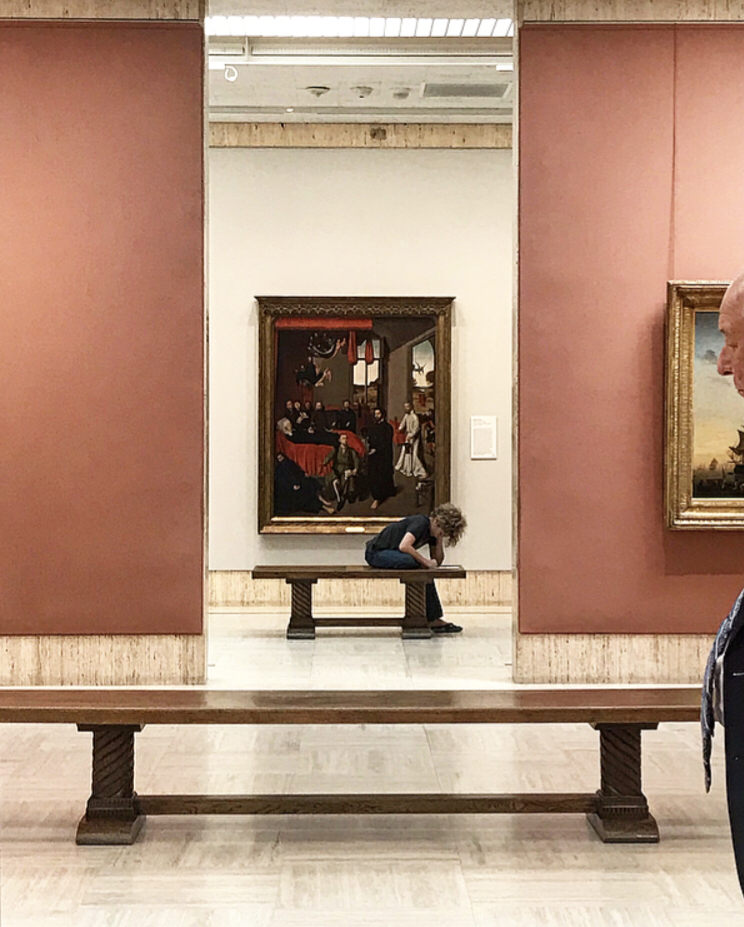
Why? Well, first, I’m definitely not a homeschool apologist and don’t believe it should be a quick decision. Second, I do believe anyone has the capability to homeschool if they want to. But mainly, third, I believe with children four and under, it’s a little early to be considering or making the decision to pursue homeschooling or formal education.
Children don’t need institutionalized education (yes, even home educating can follow there). Children need to be children. To not have to worry about strict schedules, how to stand in line, to be quiet for 4-8 hours a day, to follow a program that doesn’t fit their developmental needs, and on. They don’t need to be trained in their preschool years (pre-school…the years before they go to school) on how to be a student. There are better, more life-giving ways to prepare a child (and parent) for education, whether at home or in a traditional classroom.
If your child isn’t approaching five or six, don’t worry about school.
I mean it. I know everywhere you look you see early childhood activities, programs, curriculum, preschools, and whatnot. Don’t even worry about those. You and your child won’t fall behind if you don’t adhere to the masses that say formal education needs to start at two or three. Don’t let fear or boredom (yours, not theirs. Children are rarely truly bored. And if they are, that’s good for them. It increases their imagination.) steer the decision to pursue early formal education, in the home or elsewhere.
Children don’t need workbooks when they’re still working on their pencil grip and concentration.
(Yes, my beloved Montessorians, even us. I know Primary starts at three, but make your home a home, make learning a natural part of your days and environment. Don’t set up standards and shelf work. If I had to do it all over again, I wouldn’t. Build a lifestyle.)
What should you do instead?
Here’s my not so little list:
Don’t compartmentalize learning.Life is learning. You want your children to love learning and be excited about the world around them? Don’t tell them that learning happens at a certain time of day with a stack of workbooks (PS – No true education ever came through workbooks or worksheets). Learning can happen anywhere and everywhere.
Unschool yourself. Take down the walls twelve years of compulsory education (plus any years of college) taught you learning happens at a desk in silence with one expert telling you what is worthy of knowing. It’ll take time, but you’ll also find you actually like learning. Any homeschool mom will tell you deconstructing what you think learning needs to or shoould look like is one of the hardest parts of homeschooling.
Read: The Brave Learner (Julie Bogart), The Call of the Wild + Free (Ainsely Arment), Free to Learn (Peter Gray), Dumbing Us Downh (John Taylor Gatto, How Children Learn (John Holt))
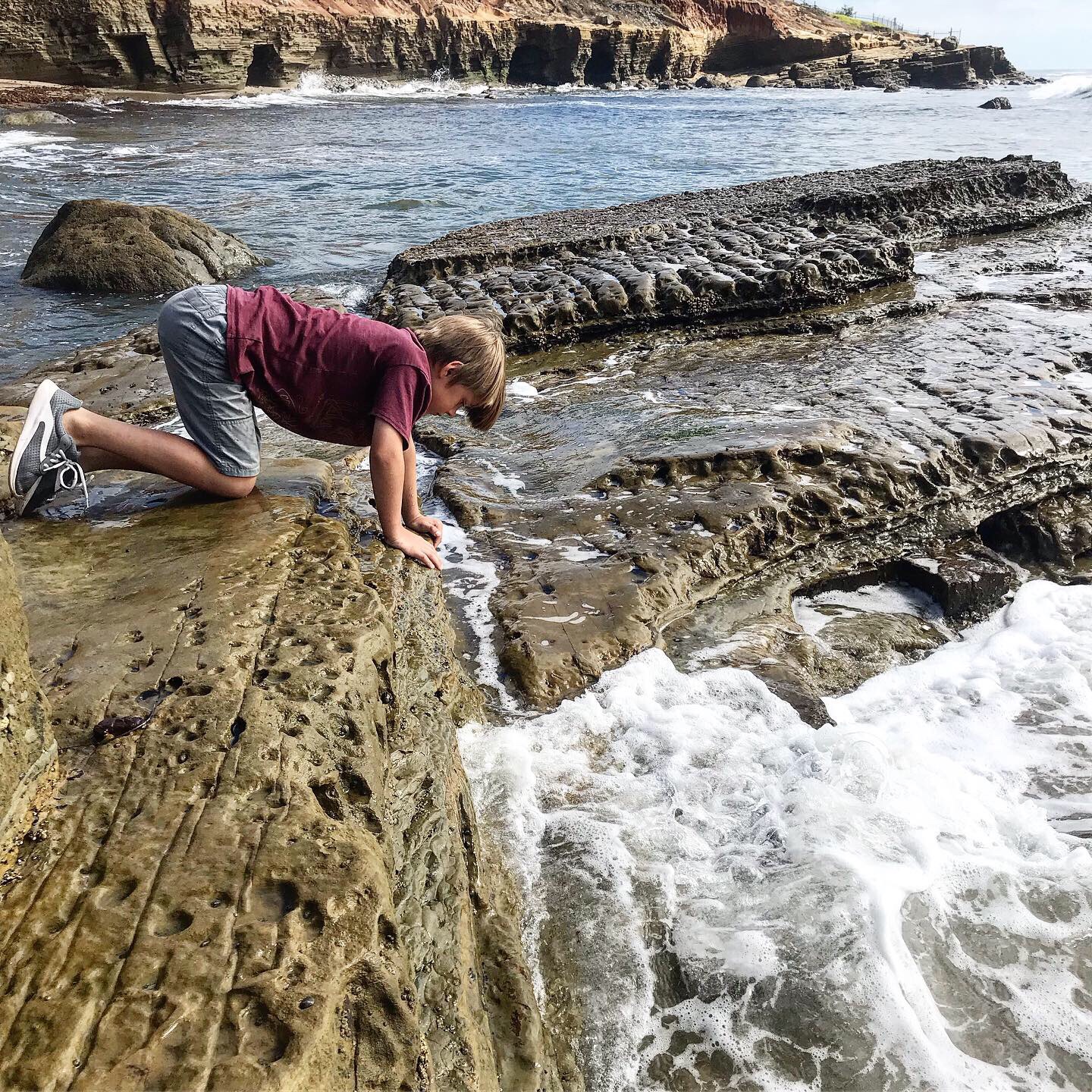
Reignite your sense of wonder. If you don’t believe there’s opportunities to learn outside of walls and books, then stop right now and take a walk outside. Lay in the grass and observe: the clouds, trees blowing in the breeze, the bugs crawling in the tall blades. If that doesn’t spark wonder in you, then you’re not ready to teach or homeschool. Go and make yourself like a child, find wonder and be in awe.
“The world is so full of a number of things, I’m sure we should all be as happy as kings.”
Robert Louis Stevenson
Focus on building the rhythms and routines in your home. Children need structure and that structure will look different family to family, even season to season. But children thrive when they know boundaries and what to expect in their home, especially in the younger years.
Read: Simplicity Parenting (Kim John Payne)
Teach them how to sit in restaurants and coffee shops, how to entertain themselves in respectful ways.
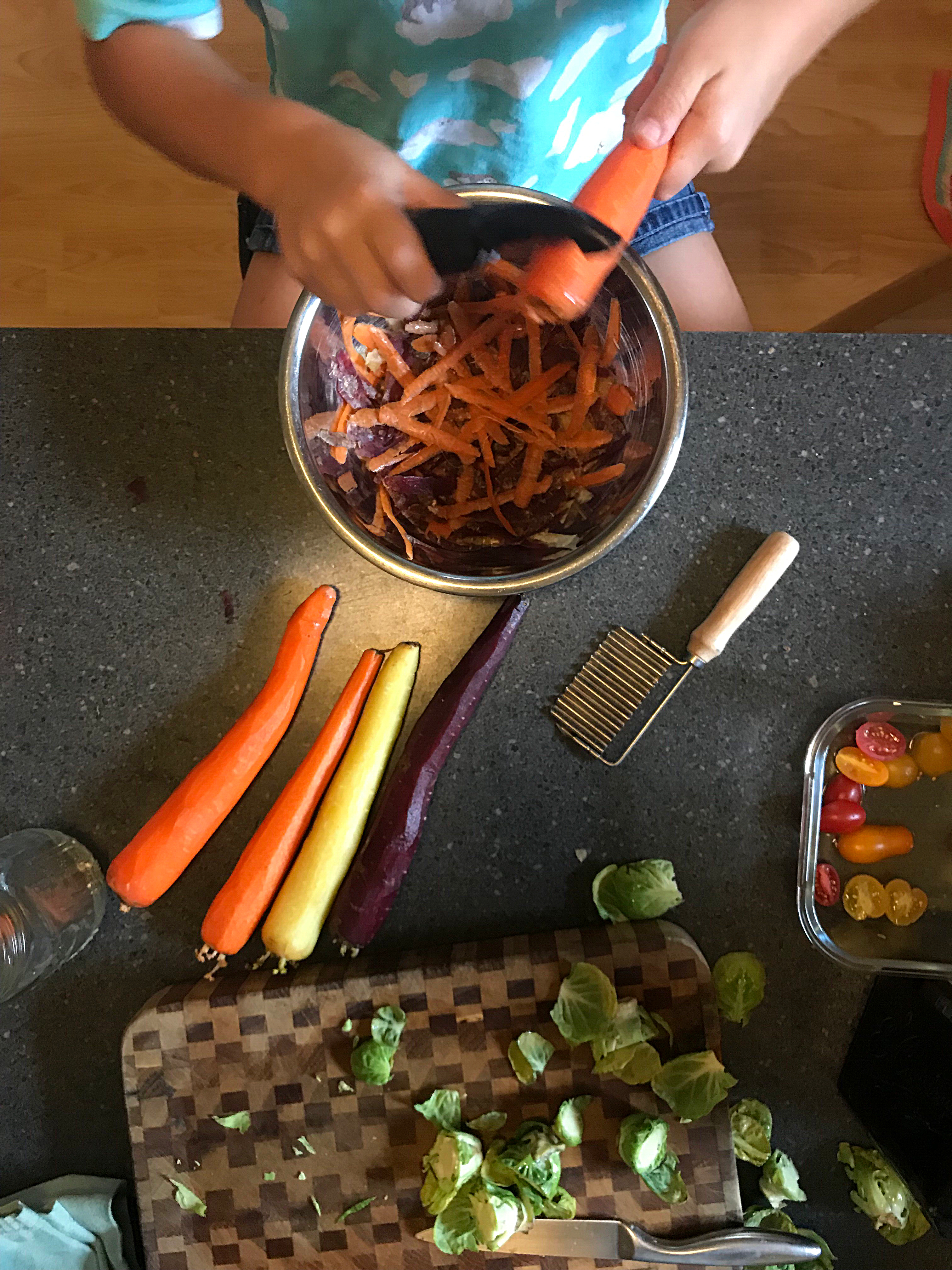
Give them opportunities to be exposed to different cultures, sounds, people, and places. If you struggle with new places, people, experiences, or ideas, then start with yourself. And as you expose yourself and children to different people and places, remember these are real people and cultures rich in history, not object lessons for your own fulfillment.
Let them work alongside you–cooking, cleaning, laundry, list making.
Slow down! Don’t make your child go at your pace every day, all day. Tasks that seem quick and simple to an adult are complicated and stressful to a child. Go at their pace, teach them little by little. Don’t expect them to have the competency of an adult. Slow down.
Talk through tasks and your day. Give a running commentary. It may seem dumb or over the top, but it gives children language and understanding of what’s happening around them. When that becomes a habit, they are better able to join you in the tasks and rhythms of daily living. Which leads to greater freedom and independence.
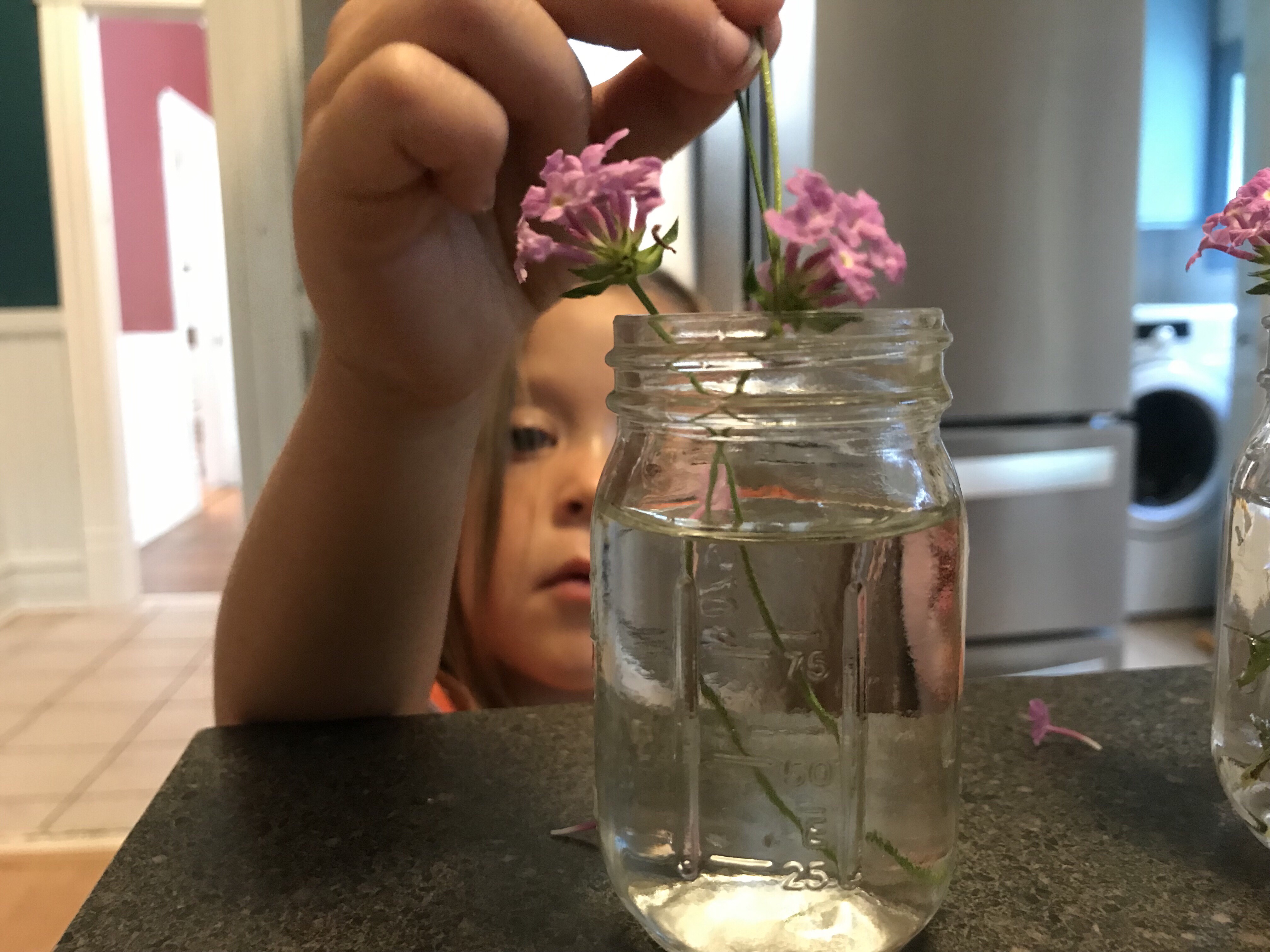
Teach them independence. Not to be completely independent and free of you. Independence is not to make your life easier, but to give them the skills to live and know their own abilities. Here’s a hallmark Montessori for you: don’t do for the child what the child can do for themselves.
Read: The Montessori Method (Maria Montessori), Montessori: A Modern Approach (Paula Polk Lillard), How to Raise an Amazing Child the Montessori Way (Tim Seldin)
Don’t smother your children. They are their own persons, not an extension of you or little pets to be doted on, snuggled/kissed, put on display whenever you feel or are entertained by them. Or as my husband says when he sees this happening, “Dance, monkey! Dance!”
Learn to give clear commands and natural consequences. Give children the words to say when they don’t know them (ie, “Move, Mommy.” “Excuse me, Mommy” or “Me want to!” “You would like to do it?”).
Read: Parenting with Love & Logic (Foster Cline)
Learn to be a guide, not an expert or dictator. Children aren’t little housekeepers, a do over for all you missed in your childhood, replicas of your tastes and interests, or exist to prove to your parents (or anyone else) that you are a good parent, homeschooler, or person. Your job is to fan the flame of learning, to guide your child as they discover themselves, not to tell them who or what they should be.
Read: anything by Maria Montessori

Get outside every single day. Yep, every day you can–sun, rain, snow. Nature is vital to growing children. I’d encourage you to regularly explore more natural landscapes, other than your backyard or park. If you’re local and don’t know where to find nature, I’ve got a growing list.
Read: There’s No Such Thing as Bad Weather (Linda McGurk), Last Child Left in the Woods (Richard Louv), How to Raise a Wild Child (Scott Sampson)
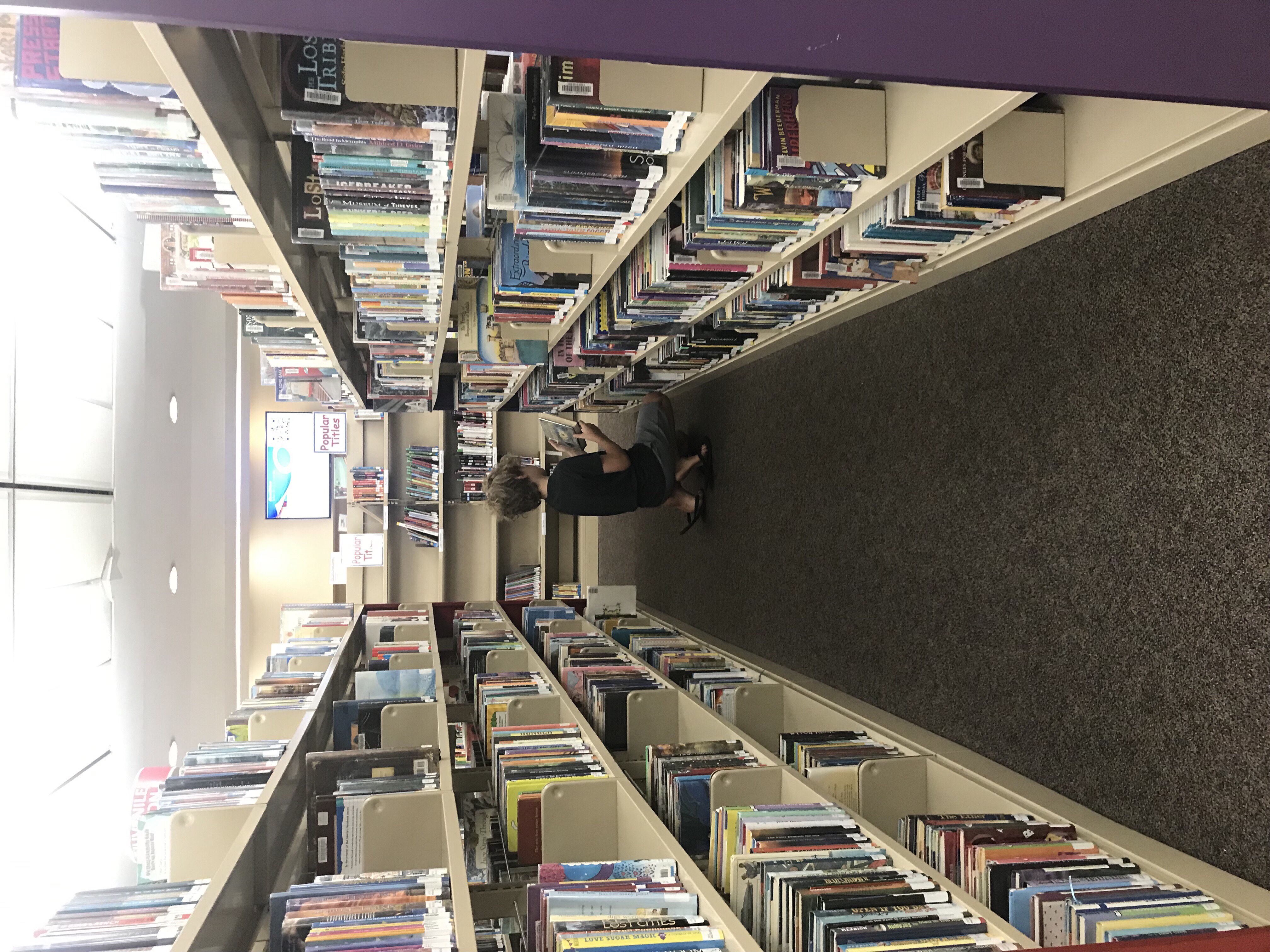
Read, read, read, read. Make books a natural part of your life. Keep them in baskets or stacks throughout your home. Visit the library often. Get to know the librarians, pages, and circulation desk attendants. They tend to become a bit more friends. Read aloud every day to your little ones, even if it’s just a book a day. Listen to audiobooks, read poetry (there’s plenty of great ones for young and old). Find your own reading style.
Read: Honey for a Child’s Heart (Gladys Hunt), Read Aloud Revival podcast, What Should I Read Next? podcast
Learn yourself. If there’s anything you take from this list, take this: learn yourself. Instead of worrying what curriculum your 3-year-old needs (they don’t), learn yourself, heal your wounds, get to know your strengths and weaknesses, your interests, where your pride, insecurity, and fear hang out (I don’t know of three areas that’ll affect your mothering more). Or as Cindy Rollins says, peel your dragon skin. Get a head start, because as you continue in mothering–homeschooling or not–they’ll all hit you like a wave sucking the breath out of you. Even with a head start you’ll still get hit, but it won’t come as such a surprise.
Read: Dive into the Enneagram with @yourenneagramcoach & Becoming Us (Beth & Jeff McCord), Emotionally Healthy Spirituality (Peter Scazzero), Boundaries for Your Soul (Allison Cook & Kimberly Miller)
Know yourself before God. Make time for the care and feeding of your own soul. Your children are important, yes. It can feel like they run the show (even with the best routines) and often your own spiritual care goes by the wayside. Don’t let it. It may from time to time, but over the years make it a habit to spend time in the Word, to pray, be mentored, study the Bible in community, Be okay with what that looks like changing, because it will…many times over. Realize you are mortal. You are not God, nor in control. Understand control is an illusion. You have limits to wisdom and knowledge and how far you can stretch yourself. Fear God and keep his commands. Learn humility. Learn to love and trust the Lord as you go, not as you sit in silence with your Bible open with a hot cup of coffee and get into “serious study and prayer.” Take down the idol of what you think knowing and walking with God looks like.
Read: Sacred Chaos (Tricia McCary Rhodes), Humble Roots (Hannah Anderson), The True Vine (Andrew Murray) )
Get a hobby. I’m serious. I know you probably think you don’t have the time and it’s impossible to fit anything else in. It is possible. And you should. How to tell if you need one? If your children are the topic of most of your conversations–no matter who you’re around or if your children are present–and thoughts, then you need to discover your own interests.
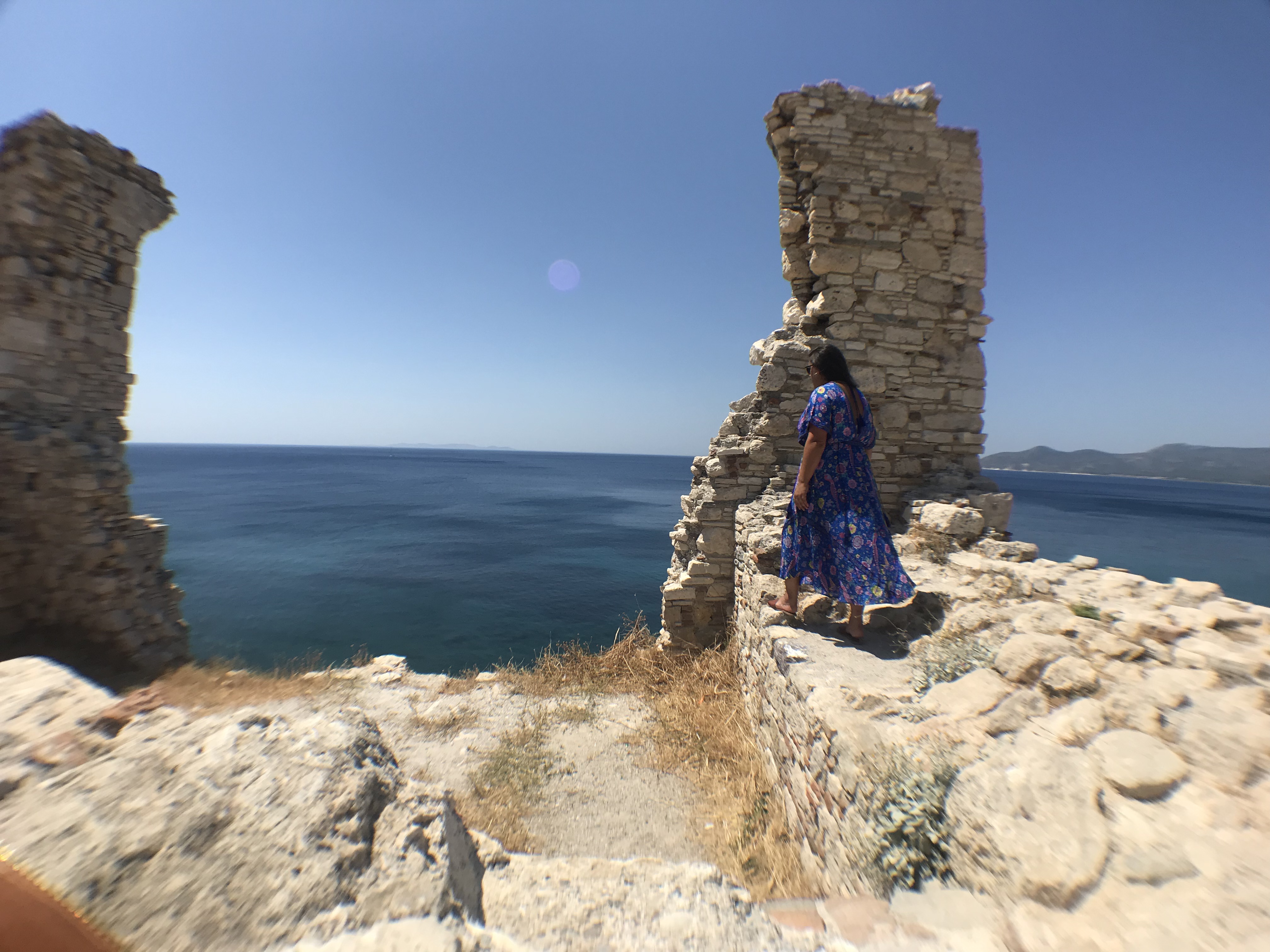
These children are not your life. They are not part of you. They are not your identity. You are your own person. They are their own persons. You need to know and find what brings you life, delight, joy, and fulfillment apart from your children. One day they will be grown and gone (for perspective, I only have 7 more years before my oldest is out of the house) and you will still be your own person with decades to live. Know yourself apart from being a mother. I repeat, motherhood is not your identity.
And don’t be afraid to take time for yourself–whether it’s shutting the door for 30 minutes, a weekly coffee date with yourself, or an annual solo weekend.
Read: Own Your Life (Sally Clarkson), Life Creative (Wendy Speake & Kelli Stuart)
Don’t fear community. You can’t do it all. Your family is not a self-sustaining unit. You cannot provide everything your child needs for a well-rounded education or life. Be okay with that. You aren’t meant to live in isolation. You need voices to encourage you. Your children need other adults, and even other children, to learn from and hear their perspective. You both need to know that your way of doing things is not the only way of doing things, nor necessarily the right way. You need people in your life to say “You’re worrying too much about this,” “You’re focusing on the wrong thing here,” “They’re going to be okay,” and when you complain about your kids “Yeah, they may struggle there, but look how they’ve grown in x, y, z.”
In essence, parents educate yourself before you throw yourself into home educating. Learn to learn, revel in the wonder of the world, the complexity of science, the perspectives and humanity of history. Reeducate yourself. And as you go, bring your children along for the journey.
If your children are three or younger and you like the idea of homeschooling and what it might offer. Don’t go to curriculum, don’t set a school time, or buy workbooks. Work on the things in this list and I promise you you’ll be better equipped for when or if you decide to homeschool.
And if you don’t? Then you have still built a life of wonder and a love and habits of learning you and your children will carry with you wherever you go.
Understand, these will not build a perfect child, home environment, or parent. These are all tools to shape and mold, to assist and give a foundation. They are not a formula or a promise. Be willing to learn and adapt. Be malleable. Know life comes in cycles and seasons, it is never a straight line to growth.
Please, from my eleven years as a mother and fourteen years as a Montessori educator as well as the countless voices of women who’ve gone before me, learned the hard way, and implored my hard of hearing ears, I beg you:
Build a life, not a school.
Seasoned homeschool moms, what would you add to a young mom who wants to start homeschooling early?

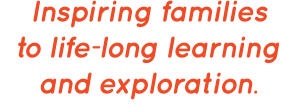






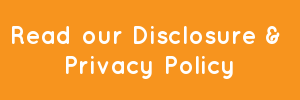













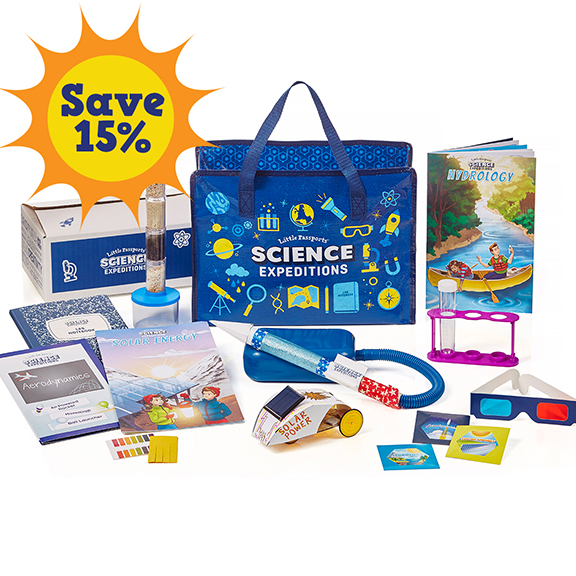







0 comments… add one